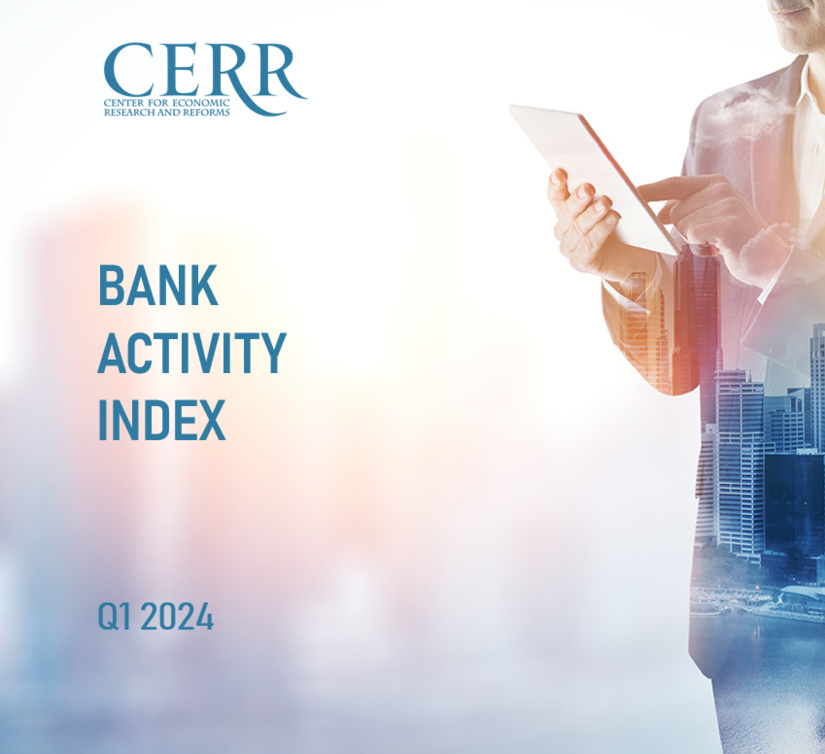CERR Assessed the Activity of the Uzbek Banking Sector
In the category of large banks, five financial institutions lost their places at once, and four more improved their positions. Among the leaders, Asia Alliance Bank, rising by 1 point, gained a foothold on the third line of the overall rating. In the category of small banks, Davr Bank lost the lead to Universal Bank, which showed the best result in this group.





















leave a comment